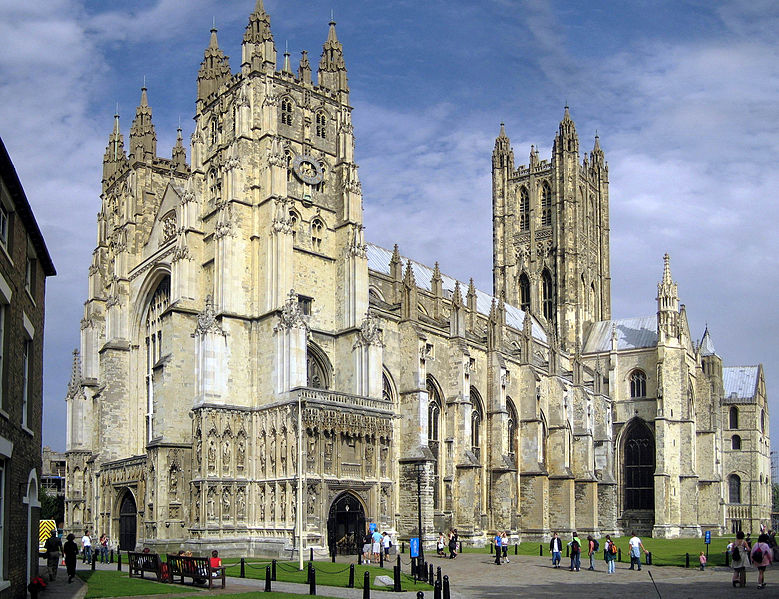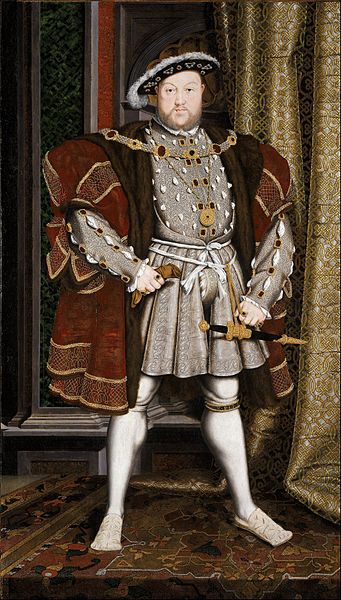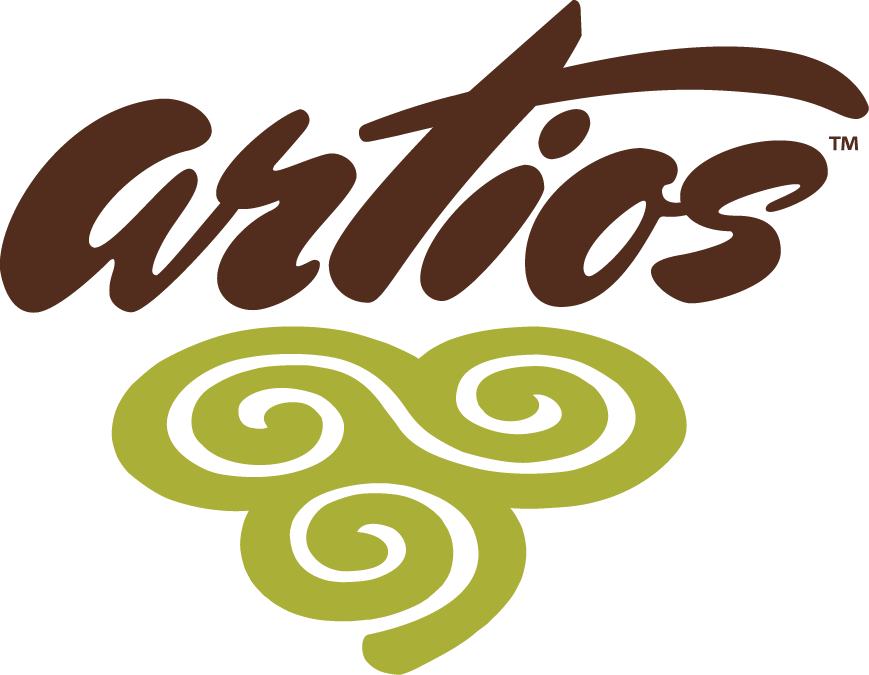[precontent]
[one_third]
Unit 4: The Spread of the Reformation
[/one_third]
[two_third_last]

[/two_third_last]
[/precontent]
[three_fourth]
[box]
[box_header]
Unit 4 [flag bg_color=”#d6e3bc” text_color=”#9d241a”]Middle School[/flag]
[/box_header]
[box_content]
Unit Overview
- Subjects Covered
- Grammar, Literature, Composition, History
- Time Period
- Reformation and Revolutions
- Grade Level
- Middle School: 6 – 8
- Civilization
- Scandanavian, English
- Literature
- The Pilgrim’s Progress – by John Bunyan
[/box_content]
[box_content]
 Unit Description
Unit Description
-H. E. Marshall
[/box_content]
[box_content]
Leading Ideas and Biblical Principles
[list type=”arrow”]
- History is HIS Story – God’s story of love, mercy, and redemption through Christ.
- He made known to us the mystery of his will according to his good pleasure, which he purposed in Christ, to be put into effect when the times reach their fulfillment—to bring unity to all things in heaven and on earth under Christ. — Ephesians 1:9-10
- God’s providential hand governs and times all events and provides for His Creation according to His plan and purposes.
- The God who made the world and everything in it is the Lord of heaven and earth and does not live in temples built by human hands. And he is not served by human hands, as if he needed anything. Rather, he himself gives everyone life and breath and everything else. From one man he made all the nations, that they should inhabit the whole earth; and he marked out their appointed times in history and the boundaries of their lands. God did this so that they would seek him and perhaps reach out for him and find him, though he is not far from any one of us.- Acts 17: 24 – 27
- Godly leadership and servanthood are necessary for one to be a true reforming influence.
- Whoever wants to become great among you must be your servant, and whoever wants to be first must be your slave—just as the Son of Man did not come to be served, but to serve, and to give his life as a ransom for many..- Matthew 20:26 – 28
- God raises up and removes leaders.
- He changes times and seasons; he deposes kings and raises up others. He gives wisdom to the wise and knowledge to the discerning..- Daniel 2:21
[/list]
[/box_content]
[/box]
[box]
[box_header]
Unit 4 Resources: [flag bg_color=”#d6e3bc” text_color=”#9d241a”]Middle School[/flag]
[/box_header]
[box_content]
[button id=”1″ link=”https://www.artioshcs.com/wp-content/uploads/2013/08/Early-Mod-Unit-4-MS-The-Spread-of-the-Reformation-WWW.pdf” linking=”new-window” size=”medium” type=”simple” title=”unit”]Download Unit[/button]
[button id=”1″ class=”1″ link=”http://upload.wikimedia.org/wikipedia/commons/thumb/3/38/Viajes_de_colon_en.svg/800px-Viajes_de_colon_en.svg.png” linking=”new-window” size=”medium” type=”simple” title=”maps”]Download Maps[/button]
[button id=”1″ link=”http://www.phschool.com/atschool/ahon/history_interactive/mvl-1021/common_player.html” linking=”new-window” size=”medium” type=”simple” title=”maps”]Interactive Map[/button]
[tabs type=”simple” position=”top-left”]
[tab_title]Lesson 1: History[/tab_title]
[tab_content]
Lesson One Assignments:
- Review the discussion questions and vocabulary, then read the article: Reformation Period – England and Scandinavia, pages 9 – 11.
- Narrate about today’s reading using the appropriate notebook page. Be sure to answer the discussion questions and include key people, events, and dates within the narration.
- Define the vocabulary words in the context of the reading and put the word and its definition in the vocabulary section of your history notebook.
- Be sure to visit www.ArtiosHCS.com for additional resources.
Lesson One Discussion Questions:
- What changes did Henry VIII make to the church in England?
- Describe the effect of the Reformation in Scandinavia.
- After the Stockholm Bath of Blood, who did the Swedes choose as a leader?
[/tab_content]
[tab_title]Lesson 2: History[/tab_title]
[tab_content]
Lesson Two Assignments:
- Review the discussion questions, then read the article: Henry VIII and the Separation from Rome, pages 13 – 17.
- Narrate about today’s reading using the appropriate notebook page. Be sure to answer the discussion questions and include key people, events, and dates within the narration.
- Be sure to visit www.ArtiosHCS.com for additional resources.
Lesson Two Discussion Questions:
- Who was Thomas Wolsey? Why was he important?
- What ambition did Wolsey have?
- What positions did Wolsey hold?
- What did Wolsey mean when he said, “Had I but served my God as faithfully as I have served the King, he would not have given me over in my old age!”?
- Who was Sir Thomas More? Why was he important?
- Who was Thomas Cromwell? Why was he important?
[/tab_content]
[tab_title]Lesson 3: History[/tab_title]
[tab_content]
Lesson Three Assignments:
- Review the discussion questions and vocabulary, then read the article: John Knox, pages 19 – 25.
- Narrate about today’s reading using the appropriate notebook page. Be sure to answer the discussion questions and include key people, events, and dates within the narration.
- Define the vocabulary words in the context of the reading, and put the word and its definition in the vocabulary section of your history notebook.
- If time permits or your instructor assigns, please do additional research on George Wishart and/or the Massacre of St. Bartholomew.
Lesson Three Discussion Questions:
- In what country was John Knox born?
- What effect did John 17 have on John Knox and why?
- How did the Protestants react to the martyrdom of George Wishart? Was their reaction Biblical?
- How did John Knox and George Wishart know each other?
- What was a nickname given to John Knox?
- How were Scotland and England related to each other both religiously and politically during this time?
- In detail, describe the relationship and interactions between John Knox and Mary Queen of Scots.
- What type of government was put into place during the year between the death of Mary of Lorraine and the coming of Mary Queen of Scots?
- What is your reaction to that type of government and why?
[/tab_content]
[tab_title]Literature[/tab_title]
[tab_content]
Unit 4 Literature and Composition Assignments
- Activity While Reading: As you read the novel, you will conduct a literary analysis by writing the answers to the following questions in your journal. Note that all of the questions may not be applicable in each reading. Answer the ones which are applicable to this unit’s reading assignment.
- Questions to answer in a literary analysis:
- Who is the author of this work?
- What is the reason or intent of the author in writing this novel?
- Who is the protagonist (main character of the story)?
- What is the protagonist doing or what is his/her goal?
- What new characters were introduced in this section?
- What do their names mean or represent?
- What lesson can we learn from these characters?
- What major events happened in this section?
- What Christian beliefs or ideals are illustrated by these events?
-
- Read the assignment background information, then read The Pilgrim’s Progress from Part I, Ninth Stage through Part I, Conclusion.
- Remember to answer the literary analysis questions in your reading journal.
- Complete an outline for your essay.
Find information on outlines here: http://www.roanestate.edu/owl/Outline.html
Unit 4 Grammar Assignments
- Read the notes on Subject & Verb, beginning on page 5.
- Complete the grammar exercises on the Artios Home Companion website.
[/tab_content]
[tab_title]Resources[/tab_title]
[tab_content]
VIDEOS ON THIS WEBSITE SHOULD BE PREVIEWED BY PARENTS BEFORE ALLOWING STUDENTS TO WATCH VIDEOS. SOME VIDEOS MAY CONTAIN INFORMATION ON SENSITIVE TOPICS.
Additional Maps:
- Map of the Spread of Lutheranism
- Map of Europe After the Reformation
- Map of the Spread of Protestantism
Complimentary Sources:
- Flow Chart: The Roots and Birth of the Protestant Reformation
- Chart: Growth of Protestant Denominations (includes dates and founders)
Videos:
John Knox and the Scottish Reformation
[/tab_content]
[tab_title]Arts[/tab_title]
[tab_content]
[/tab_content]
[/tabs]
[/box_content]
[/box]

Leave a Reply
Want to join the discussion?Feel free to contribute!